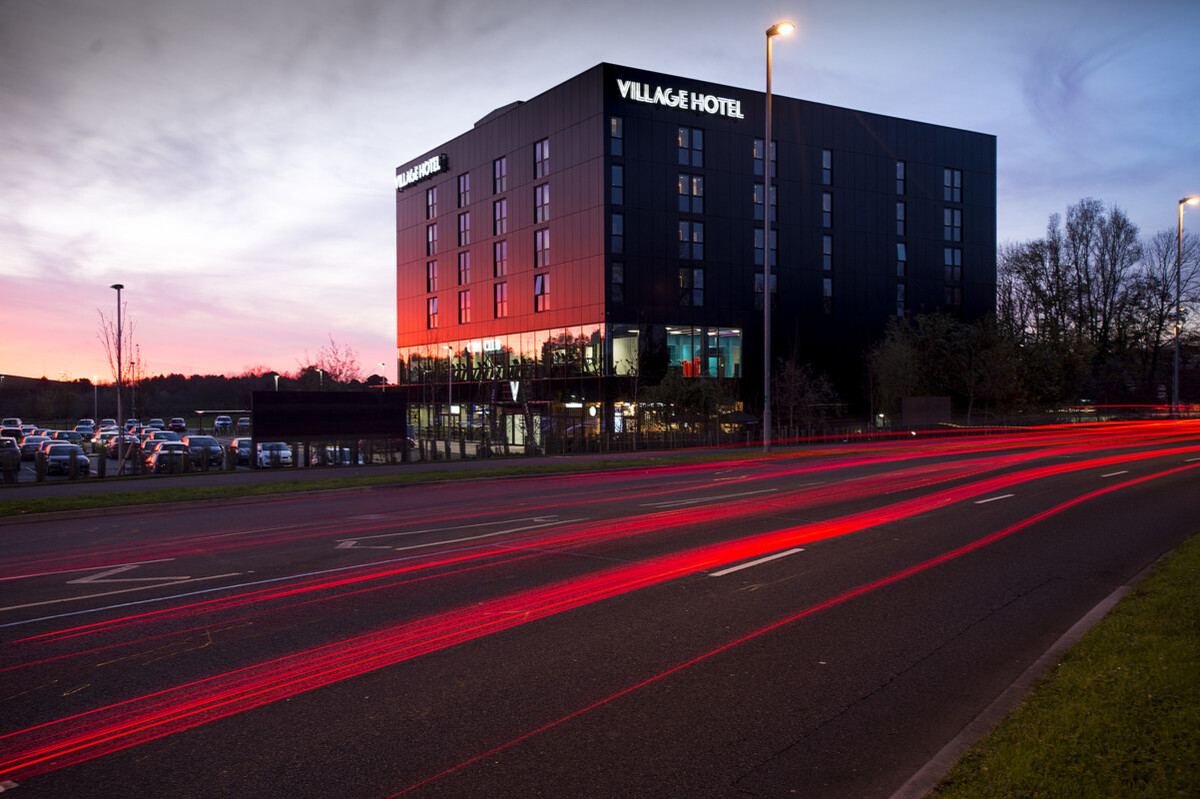More than half the world's hotels are now branded
More than half of the world's hotels are now branded properties, with franchising being the operating model of choice for most of the large hotel operators.
That's according to a new report entitled Decisions, Decisions: Which hotel operating model is right for you? from hotel consultancy HVS London.
It found that five of the largest branded hotel companies, made up of InterContinental Hotels Group (IHG), Accor, Marriott, Hilton and Starwood, represent almost a third (30%) of the current global branded room supply.
They also make up almost two thirds (65%) of the development pipeline, which the report said demonstrated the increasing shift away from independently operated hotels worldwide.
The growing number of stakeholders that can be involved in a successful hotel was also identified by the report. These include brand owners, owners and management companies as well as a combination of operating models and hybrid models.
However, different trends were noted according to region. Independent hotels are more common across Europe, while franchises account for half (50%) of rooms in the large listed hotel companies sampled by HVS. The owned and leased model made up approximately 30% of room counts, and management contracts around 20%.
In stark contrast, the North American market franchises dominated the research sample making up 85% of those polled, while just 13% were under management contracts and only 2% were owned and leased properties.
Stephen Collins, consulting and valuation analyst with HVS London and report co-author, said: "In the US the franchise sector is highly regulated, making it more transparent and easier to compare the results of one brand against another.
"In Europe franchise regulations differ from one country to another, making it more difficult to compare like-for-like."
HVS also identified the growing use of third-party operators (TPOs) to operate franchises, bridging the gap between the owner of the hotel and the franchisors who own the brand.
Sophie Perret, HVS director, explained: "While many franchisees are owner-operators and have the management expertise to be successful, there remains a gap between owners that are unable or unwilling to control the daily operations of the hotel and the franchisors that provide the brand.
"This is where third-party operators have come into prominence. TPOs have allowed companies to sell their flag first and direct their management efforts towards the hotels and brands they deem appropriate, while the owner is able to realise advantages of both franchises and management agreements while avoiding a number of the limitations.
"The franchise model, with or without a third-party operator, is expected to carry on gaining momentum in Europe, as it continues to deliver better value for all parties involved."
Download the report here.

















